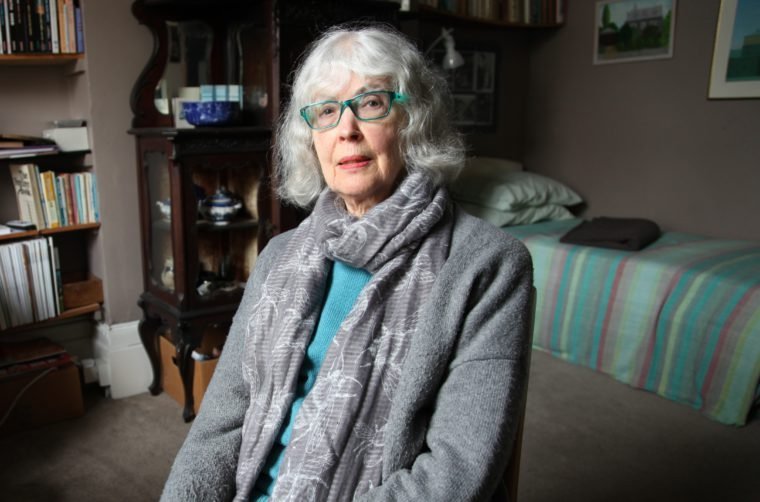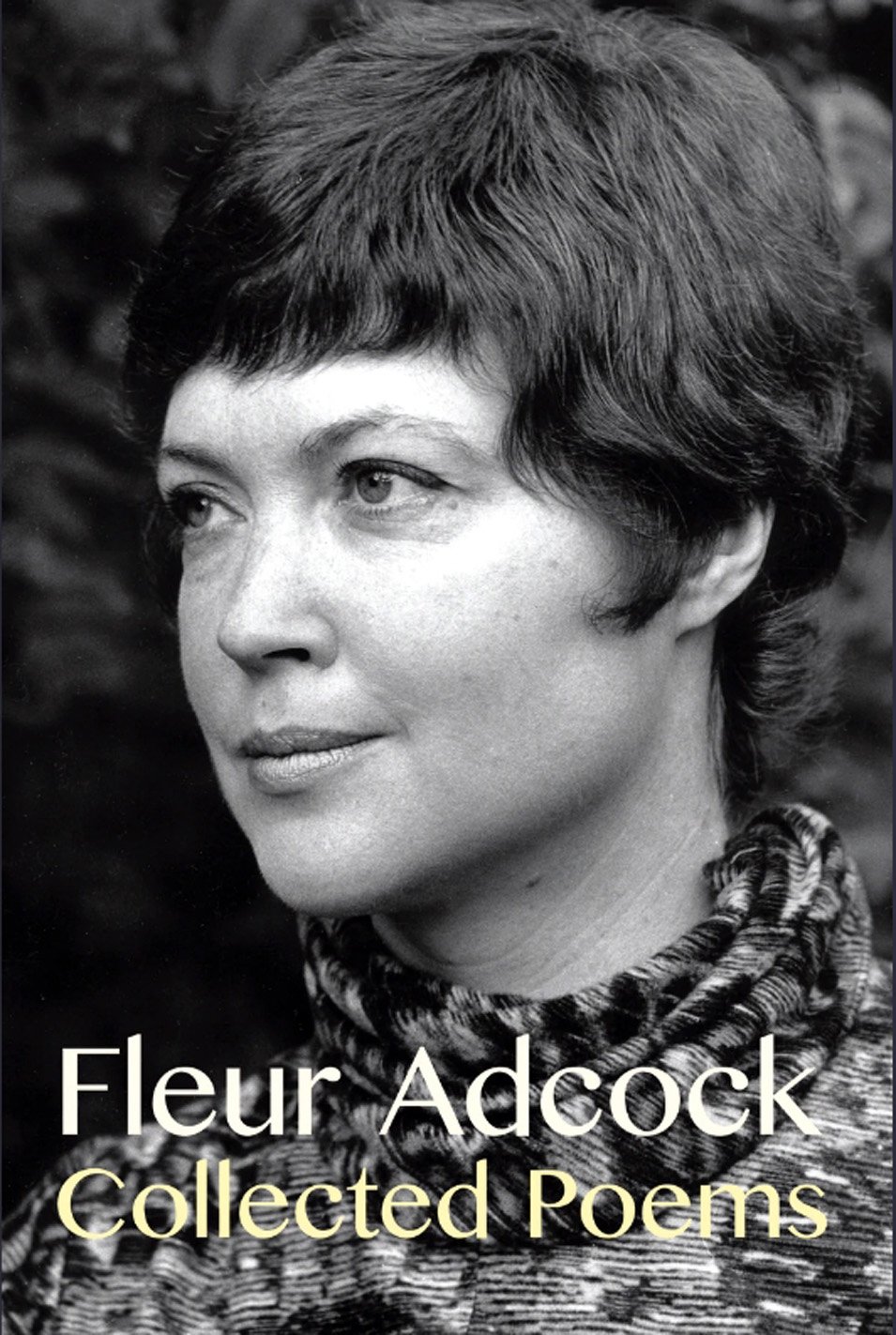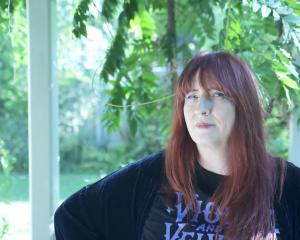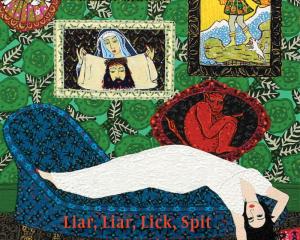
Fleur Adcock wrote movingly of birth, death and bereavement, and tackled political issues with honest indignation and caustic wit.
Adcock was born in Auckland in 1934, and although she spent much of her life in England, she retained strong links to New Zealand.
The country returned the favour by making her an OBE, and then a Companion of the New Zealand Order of Merit, for services to literature.
Of Northern Irish and northern and midland English ancestry, Adcock explored the lives of her forebears in many of her poems, as well as the experiences of her grandparents as pioneer settlers in New Zealand during the time of World War 1.
Adcock herself spent the World War 2 years in England, returning with her family to New Zealand in 1947.
She studied classics at the University of Wellington, gaining a BA in 1954 and an MA in 1956, and worked as a librarian in New Zealand from 1958-63.
She married poet Alistair Te Ariki Campbell in 1952, and they had two sons, Gregory and Andrew, before divorcing in 1958. Her second marriage to novelist Barry Crump in 1962 lasted only five months, and they divorced in 1963.
Adcock emigrated to Britain that year with younger son Andrew and worked as a librarian at the Foreign and Commonwealth Office in London until 1979.
Her first collection, The Eye of the Hurricane, was published in New Zealand in 1964, and over the course of the next 60 years, she came to be regarded as one of her country’s most esteemed and much-loved poets.
Her mother was a poet, and her younger sister, Marilyn Duckworth, is also a writer. Both sisters received a Prime Minister’s Award for Literary Achievement, Fleur for poetry in 2019 and Marilyn for fiction in 2016.

Adcock’s Below Loughrigg was the second publication from Bloodaxe Books, then a fledgling small press, back in 1979, and it published three other titles, two pamphlets and a translation, between then and 2000, when she brought the first of all of her subsequent books to Bloodaxe following Oxford University Press’s closure of its poetry list, Victoria University Press (now Te Herenga Waka University Press) becoming her New Zealand publisher.
Her Poems 1960-2000 was followed by Dragon Talk (2010), Glass Wings (2013), The Land Ballot (2015), Hoard (2017) and The Mermaid’s Purse (2021).
Her Collected Poems was published both by Bloodaxe Books in the United Kingdom and Te Herenga Waka University Press in New Zealand on her 90th birthday in February this year.
She was also a respected editor and translator.
Her publisher described her ‘‘poised, ironic poems’’ as ‘‘tense and tightly controlled, as well as shrewdly laconic, and often chilling as she unmasks the deceptions of love or unravels family lives.
"Disarmingly conversational in style, they are remarkable for their psychological insight and their unsentimental, mischievously casual view of personal relationships. She explored questions of identity and rootedness, both in relation to her personal allegiances to her native and adopted countries as well as to her family history, whose long-dead characters she brings to life.
According to The Oxford Companion to New Zealand Literature, her poems were often written from the perspective of an outsider or express a divided sense of identity inherited from her own emigrant experience and separation from New Zealand family.
Neil Astley, her editor at Bloodaxe, said: "Fleur was always a delight to work with on all her books, and publishing her Collected Poems on her 90th birthday was a highlight. I knew her for 50 of those 90 years. She became a treasured and trusted friend as well as a poet whose work I felt privileged to publish.
"Fleur was also a pioneer in British and New Zealand poetry: for many years she was one of very few women poets known to the reading public, with the poetry lists of the main book publishers consisting almost entirely of white male poets, and the poetry anthologies featuring very few — if any — women writers. All that seems inconceivable now.
"Fleur’s work and example were inspirational for the generations of women poets who followed her, helping bring about the huge shift which has made poetry publishing much more diverse, inclusive and representative of all writers in both of her countries."
Adcock died following a short illness on October 10, aged 90. — Bloodaxe Books












